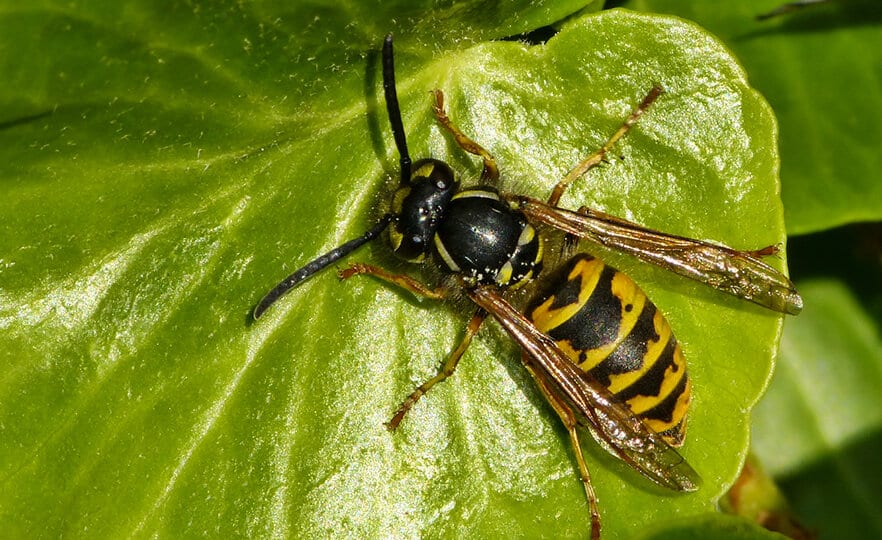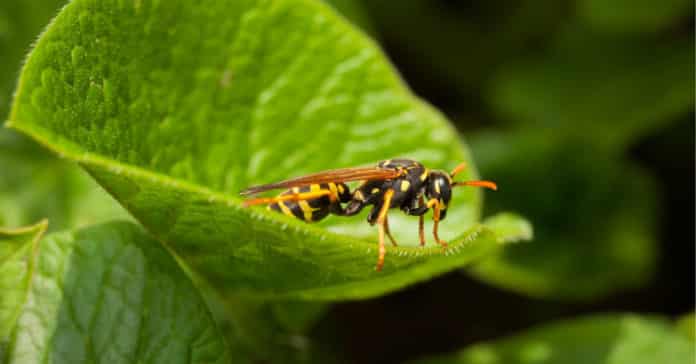World’s first wasp genome project completed by Otago Scientists
Scientists have completed the world’s first wasp genome project – sequenced the genome of 3 wasps, out of which 2 are invasive wasps in New Zealand. This project leads the way for novel methods to control these pests.
A 3-year project to sequence and interpret the genomes of the common wasp (Vespula vulgaris), German wasp (Vespula germanica), and the western yellowjacket (Vespula pensylvanica) was successfully completed by the genomics Aotearoa scientists working at the University of Otago and Victoria University of Wellington, and with coworkers from the UK, Australia, and California.

This is the very first genome generated internationally. It is a significant turning point in knowing the biology of Vespula wasps, which have spread throughout the globe and are considerable insects, impacting human health, economic situations, and biodiversity.
Genomes are valuable in understanding the biology of a species. Understanding what genes they have and how exactly they function can help create genetic solutions to issues.
Professor Peter Dearden, Director, Genomics Aotearoa, head of the research team, described that vespine wasp populaces could reach up to 40 nests per hectare, are extremely effective predators of New Zealand’s indigenous insect species, and also contend with indigenous birds for food.
They have a vital influence on New Zealand’s communities because of their big colony sizes, reproductive ability, and adaptable predation.
Containing the wasp populace is showing a challenge, and control methods are presently restricted to pesticides. Likewise, pesticide resistance in wasps may be a concern in the future.
Dearden wishes scientists will now be capable of utilizing the wasp genomes sequences to study and create next-generation control techniques and inform future chemical control of the pests. Likewise, it will be necessary for monitoring control strategies.
Contrasting the genomes of Vespid wasps, which create extremely social as well as interactive teams, with the closely relevant paper wasps, which are less social, may likewise aid in comprehending how exactly evolution develops mechanisms of living in colonies.
This research has determined genes that might encode particular biology suitable for targeting. The info will supply species-specific targets for unique control approaches, such as damaging viruses, RNA interference, and gene drives.
Professor Dearden stated that this is interesting science and provides us with a real possibility. For a lot more targeted and efficient wasp control than has ever been feasible, there is a possibility to use leading-edge technology.
He further added that it could make all the difference to a significant ecological concern.
Prof Phil Lester, from Victoria University of Wellington, Prof Dearden, and a group of scientists are already using the genome to study a possible gene drive targeting spermatogenesis to regulate the Vespula vulgaris.
Lately, the team has released a record on the possibility for a CRISPR gene drive to be utilized as a pest control technique for these invasive species: The potential for a CRISPR gene drive to annihilate or contain worldwide invasive social wasps.
The study concentrated on the genes associated with the manufacturing and development of sperm and the possibility for transforming these genes to allow queen wasps to pass the modified gene on to the next generations without any impact on her.



